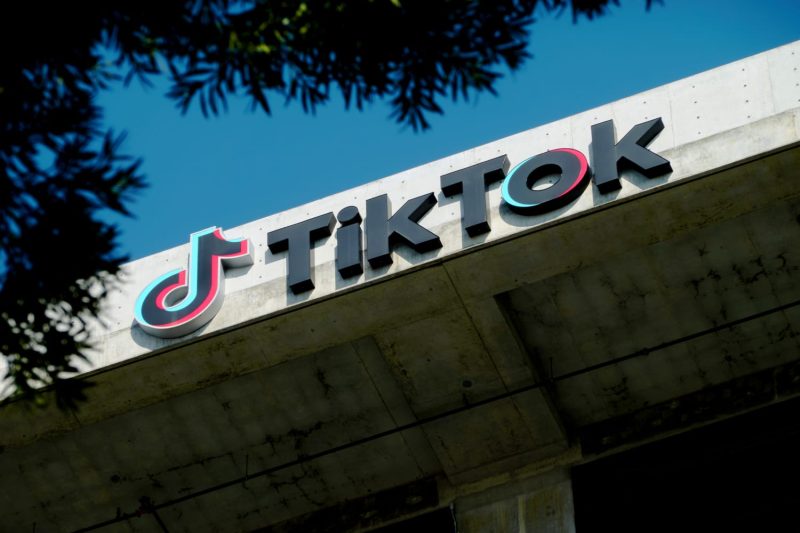The recent controversy surrounding the dismissal of a TikTok intern for allegedly interfering with the app’s AI technology has raised significant questions regarding data privacy and ethical hacking practices within tech companies. TikTok’s parent company, ByteDance, took swift action to terminate the intern, citing malicious interference with their AI algorithms. This incident serves as a reminder of the potential risks associated with unauthorized access to sensitive data and the importance of maintaining the integrity of AI systems.
One of the key issues at the heart of this controversy is the ethical implications of the intern’s actions. While hacking or unauthorized access to systems is generally viewed as illegal and unethical, there is a growing debate within the tech community about the role of ethical hacking in improving cybersecurity practices. Ethical hackers, also known as white-hat hackers, work to identify vulnerabilities in systems and applications to help organizations strengthen their security measures. However, the line between ethical and malicious hacking can often be blurred, as seen in the case of the TikTok intern.
By allegedly tampering with TikTok’s AI technology, the intern not only violated company policies but also potentially compromised user data and privacy. AI algorithms power various features on the app, including content recommendations and user interactions, making them a crucial component of TikTok’s success. Any interference with these algorithms could have far-reaching consequences, affecting millions of users and undermining the trust that users have in the platform.
Moreover, the incident highlights the need for robust security measures and oversight within tech companies to prevent similar breaches in the future. Companies like ByteDance must invest in comprehensive security protocols and employee training to mitigate the risks of insider threats and unauthorized access to sensitive systems. By fostering a culture of cybersecurity awareness and accountability, organizations can better protect their technology assets and uphold the trust of their users.
In response to the intern’s actions, ByteDance’s quick intervention and termination of the individual demonstrate a zero-tolerance policy towards unethical behavior. By taking decisive action, the company sends a clear message that any attempts to compromise its AI technology will not be tolerated. This incident serves as a cautionary tale for other tech companies, emphasizing the importance of upholding ethical standards and safeguarding the integrity of their technology infrastructure.
Moving forward, it is essential for tech companies to prioritize data privacy and security while fostering a culture of ethical behavior and accountability among employees. By promoting transparency, accountability, and adherence to best practices in cybersecurity, organizations can mitigate the risks of insider threats and unauthorized access to sensitive systems. As technology continues to advance, maintaining the trust of users and protecting their data should remain a top priority for companies operating in the digital age.
